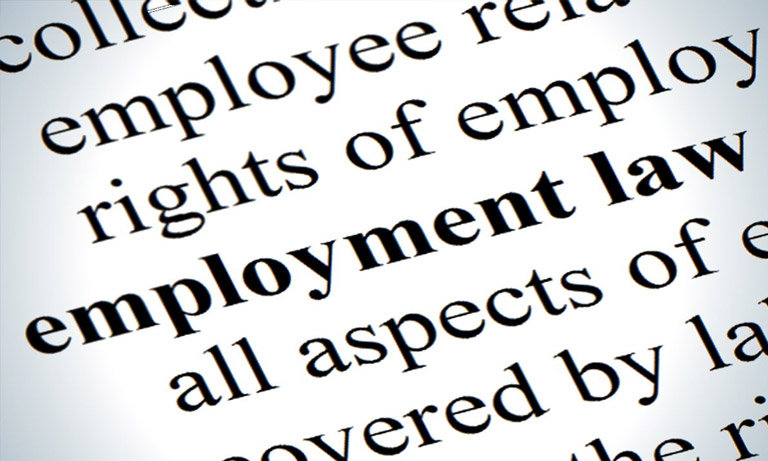 Research carried out by the EEF body this week suggests that is now highly unlikely that this target will be met
Research carried out by the EEF body this week suggests that is now highly unlikely that this target will be metHere we have summarised the key reforms to provide a quick snapshot of the issues and enable HR professionals to remain up to date.
1. The apprenticeship levy
Employers with an annual wage bill of over £3m must now pay a monthly levy for their apprentices to fund their training.
Employers in England that pay the new levy will have the ability to access funding via a digital service; in addition, employers that are not required to pay the levy will have access to funding for apprenticeships. The new funding system is planned to be effective from 1 May 2017.
2. Annual gender pay gap report
This is another reform that predominantly affects larger employers, with employers that have over 250 employees required to compile an annual report confirming their gender pay gap. The information that must be included is based upon the pay received by male and female employees on a snapshot date of 5 April each year. Information in relation to bonuses must be taken from the previous 12 months.
The report must be published on the employer’s website and uploaded to a government website within 12 months.
3. Immigration skills charge
Effective as of 6 April 2017, employers that take on skilled immigrant workers who fall within tier 2 of the points-based system will now be required to pay a levy of £1,000 per annum for each certificate of sponsorship. Charities and small employers can pay the reduced sum of £364 per year.
It also appears that there will be a requirement for workers within the social care, health and education sectors to produce criminal records checks from their previous countries of residence dating back 10 years.
The tier 2 salary threshold is also set to increase to £30,000 per annum for those migrants deemed to be ‘experienced workers’.
4. Intermediaries rules in the public sector
When an individual provides their services to a client through a personal service company and it could be said that they would be considered an employee of the company if the personal service company was not in existence, the intermediaries rules (IR35) apply.
If the IR35 rules apply, the intermediary must make deductions for national insurance contributions and income tax from the individual’s salary that was forwarded to them. As of 6 April 2017, public authorities that employ workers to whom IR35 may apply are responsible for deciding whether IR35 applies and for making the necessary tax and NIC deductions.
Join Over 40,000 Recruiters. Get our latest articles weekly, all FREE – SEND ME ARTICLES
Recruiters love this COMPLETE set of Accredited Recruitment & HR Training – View Training Brochure








